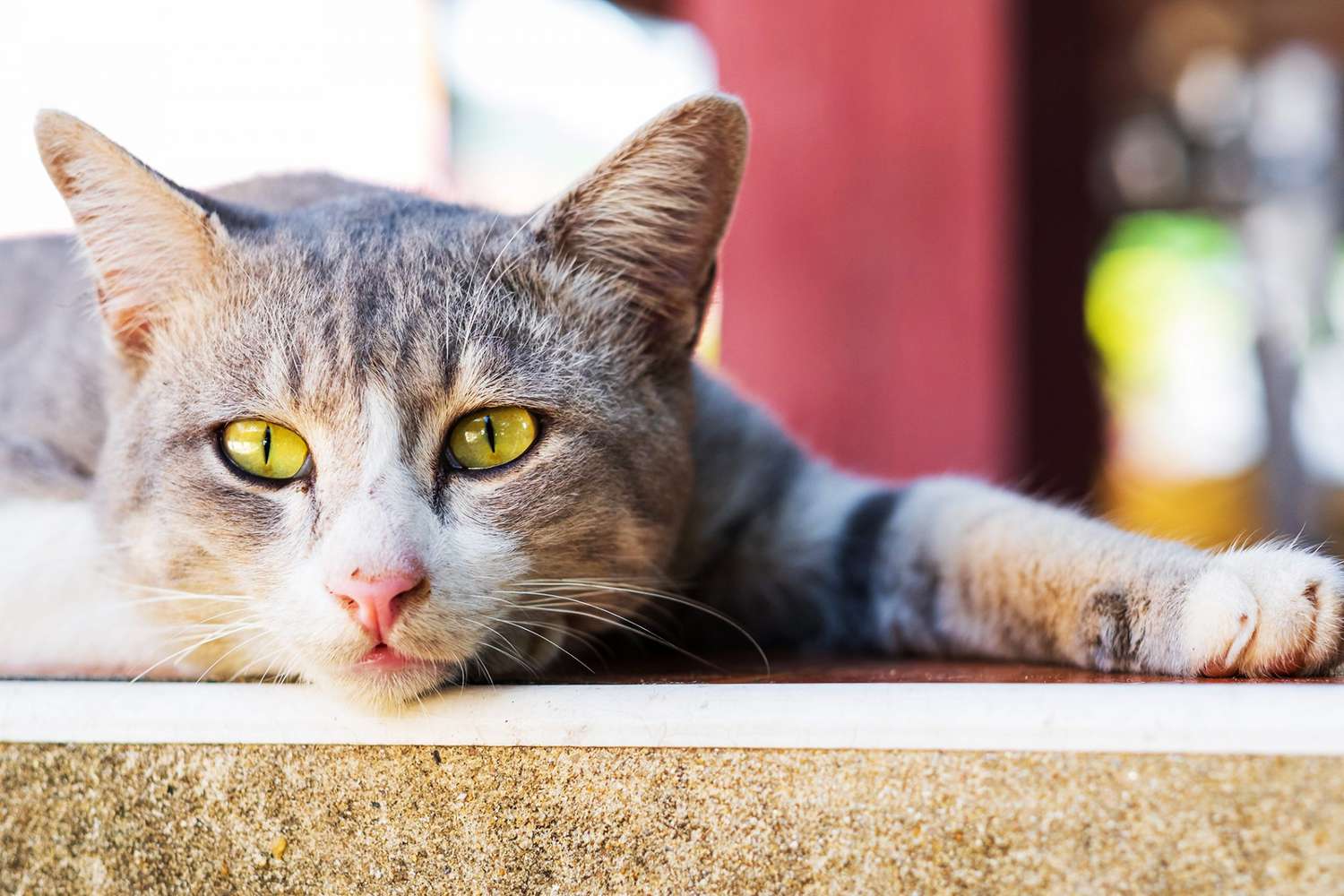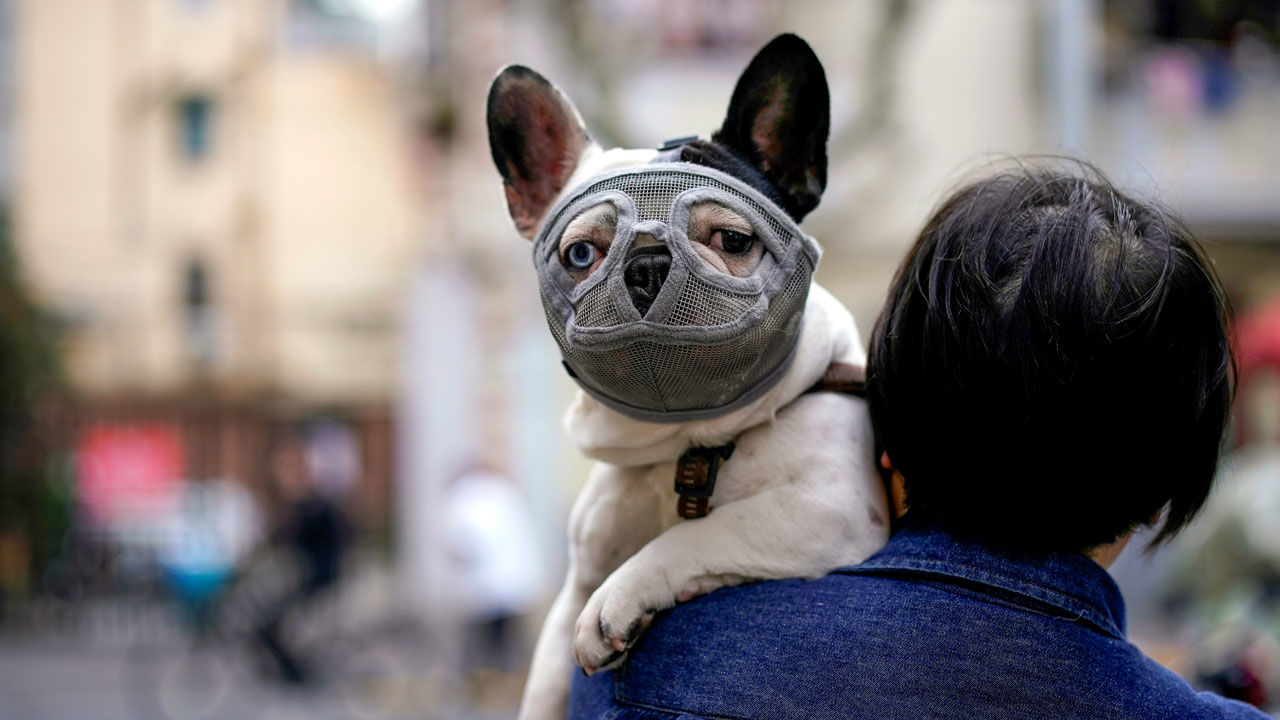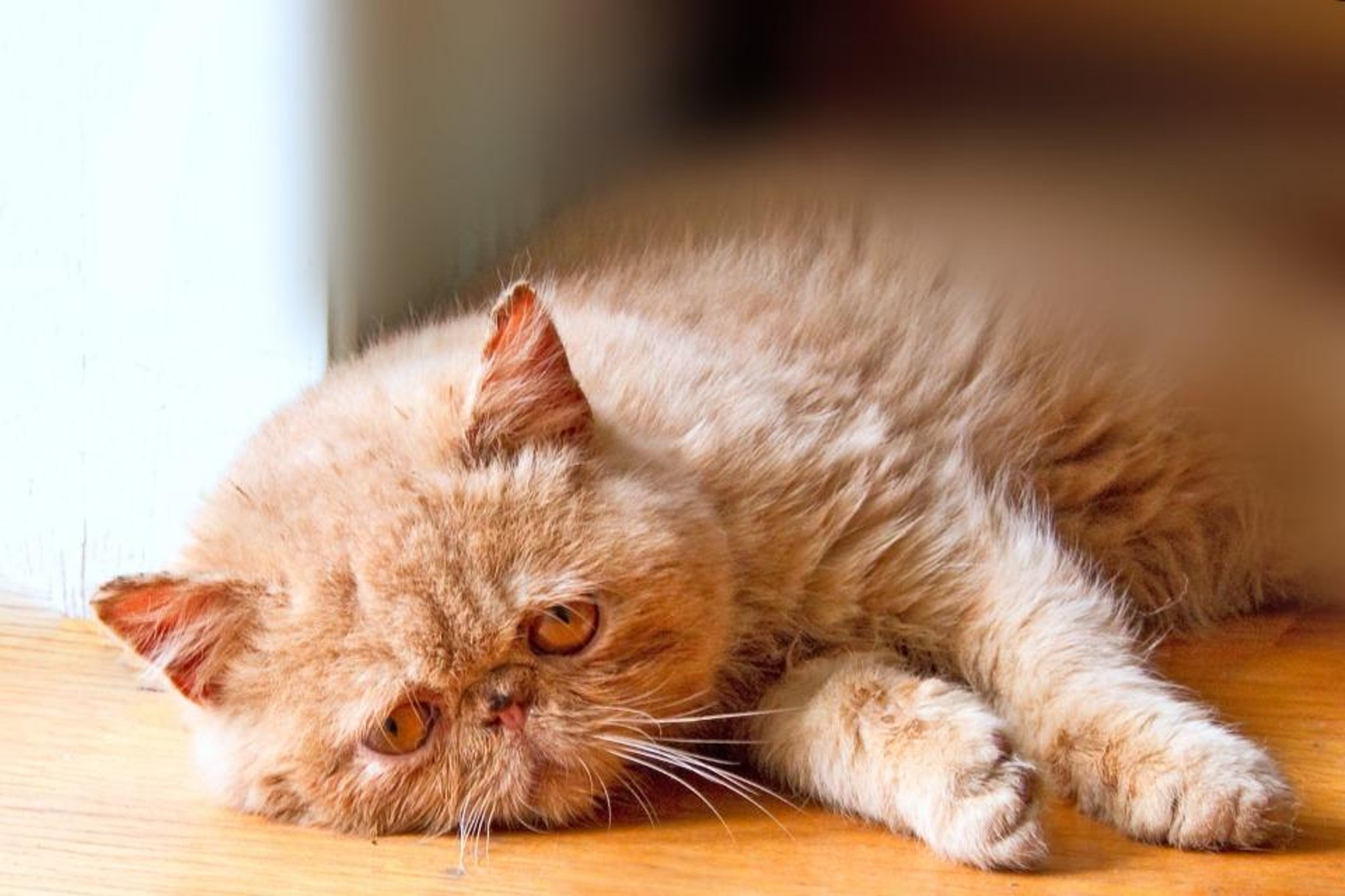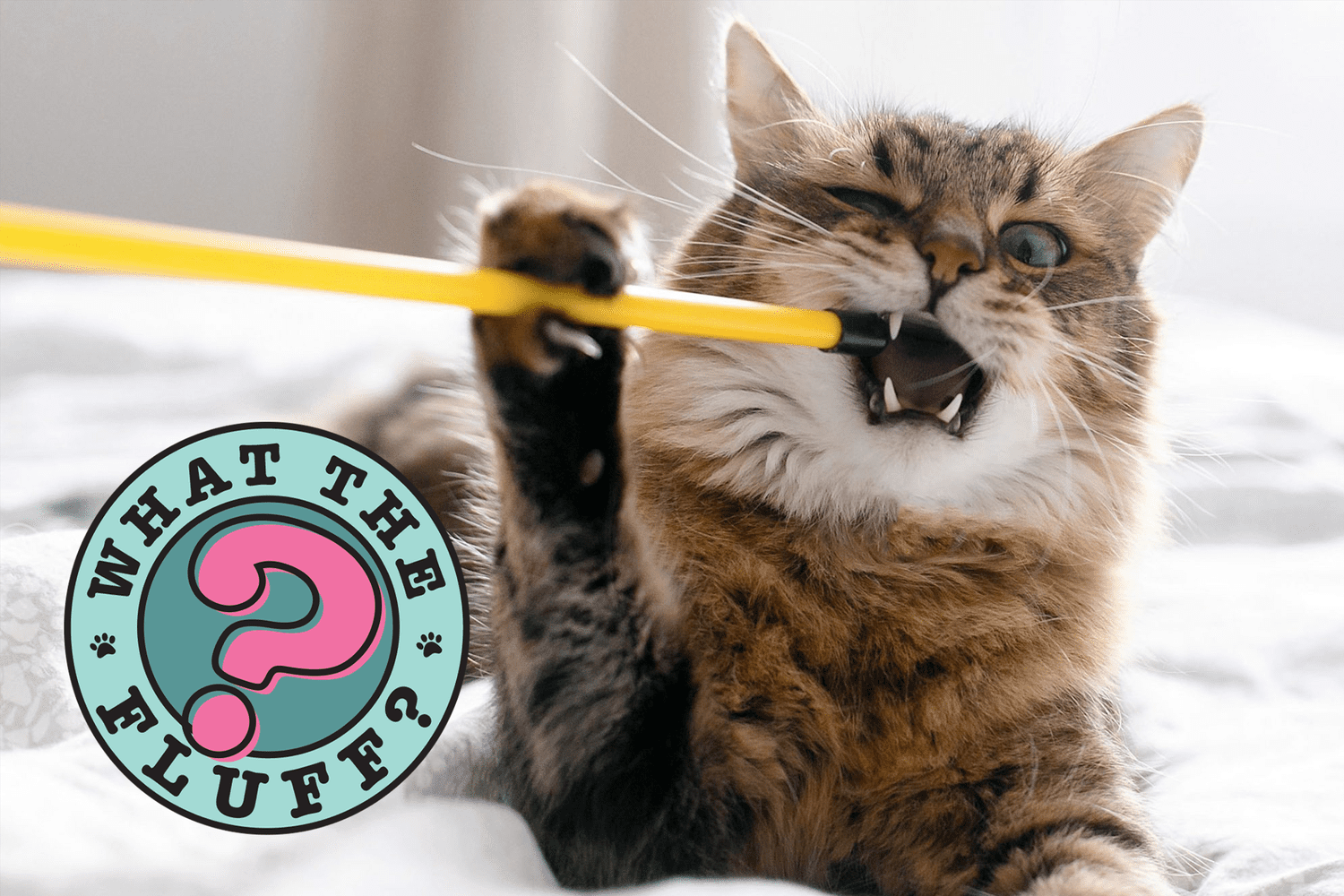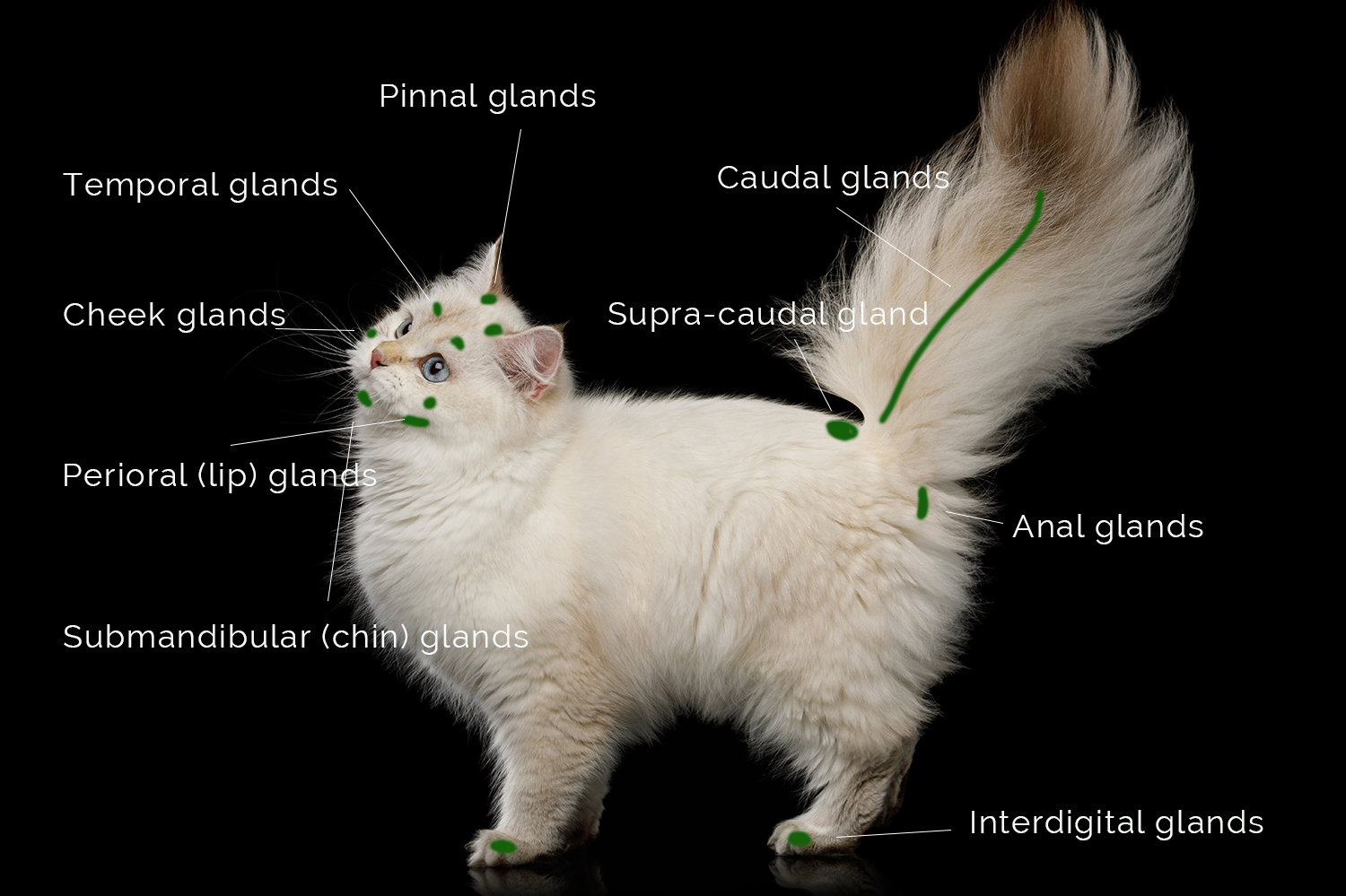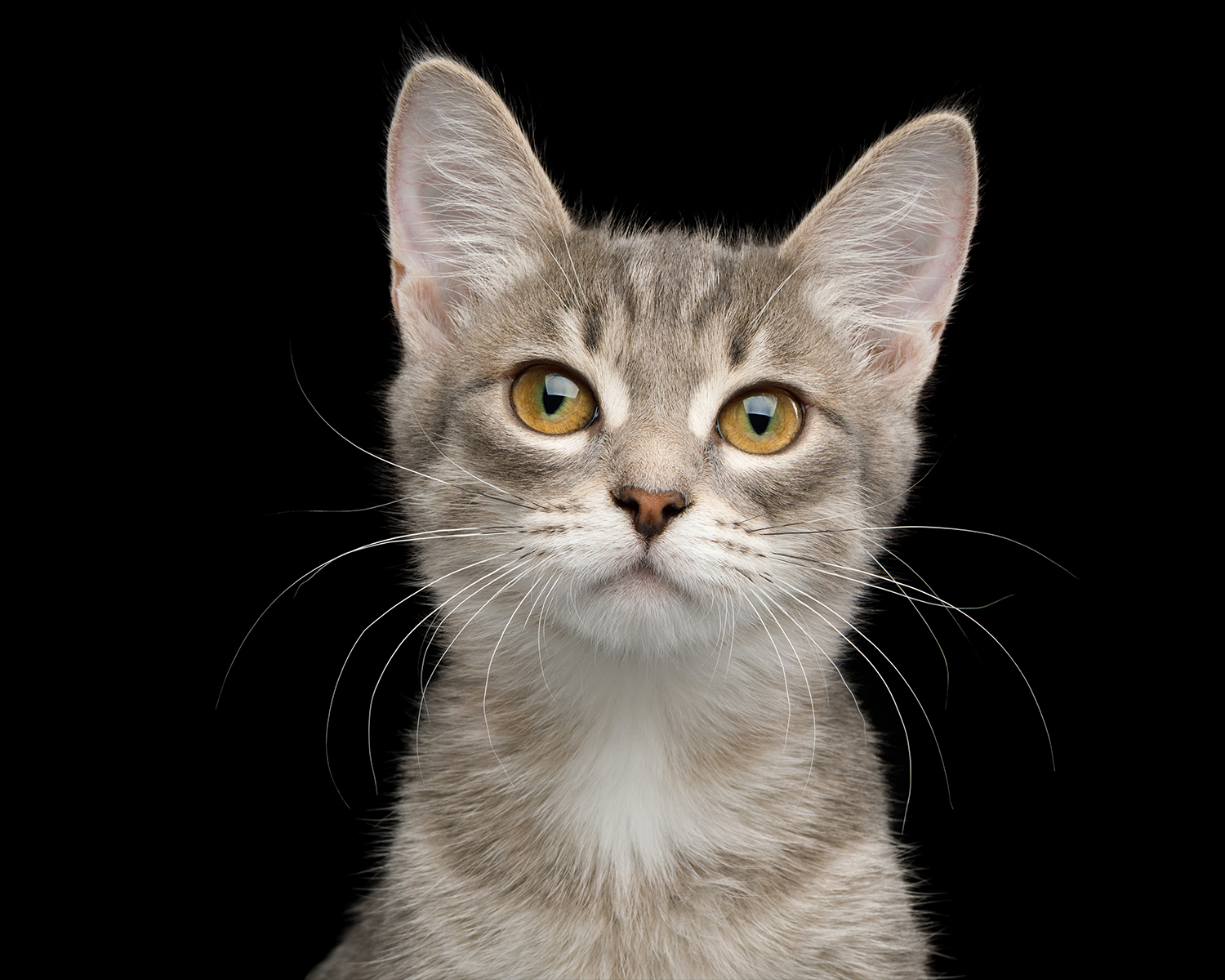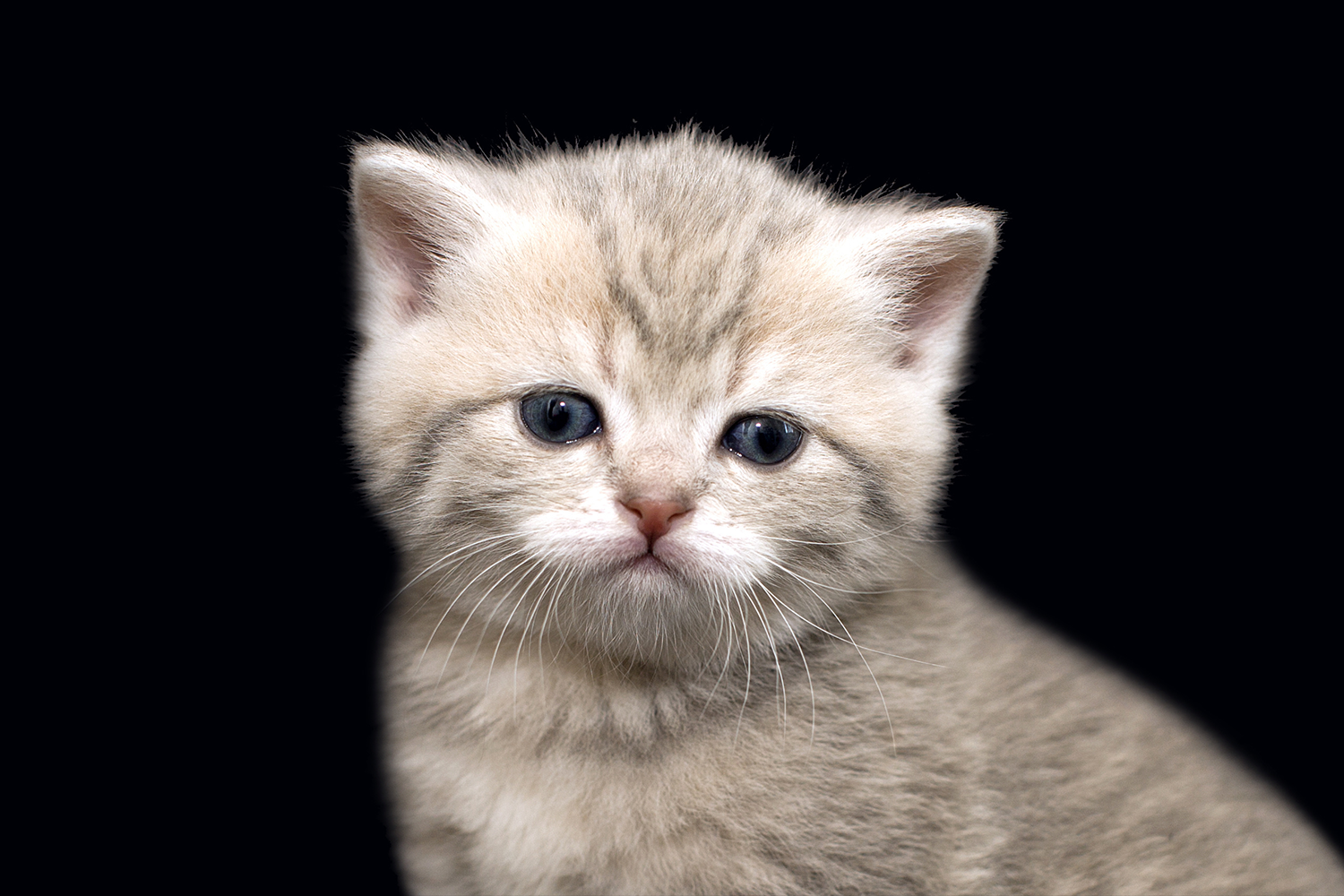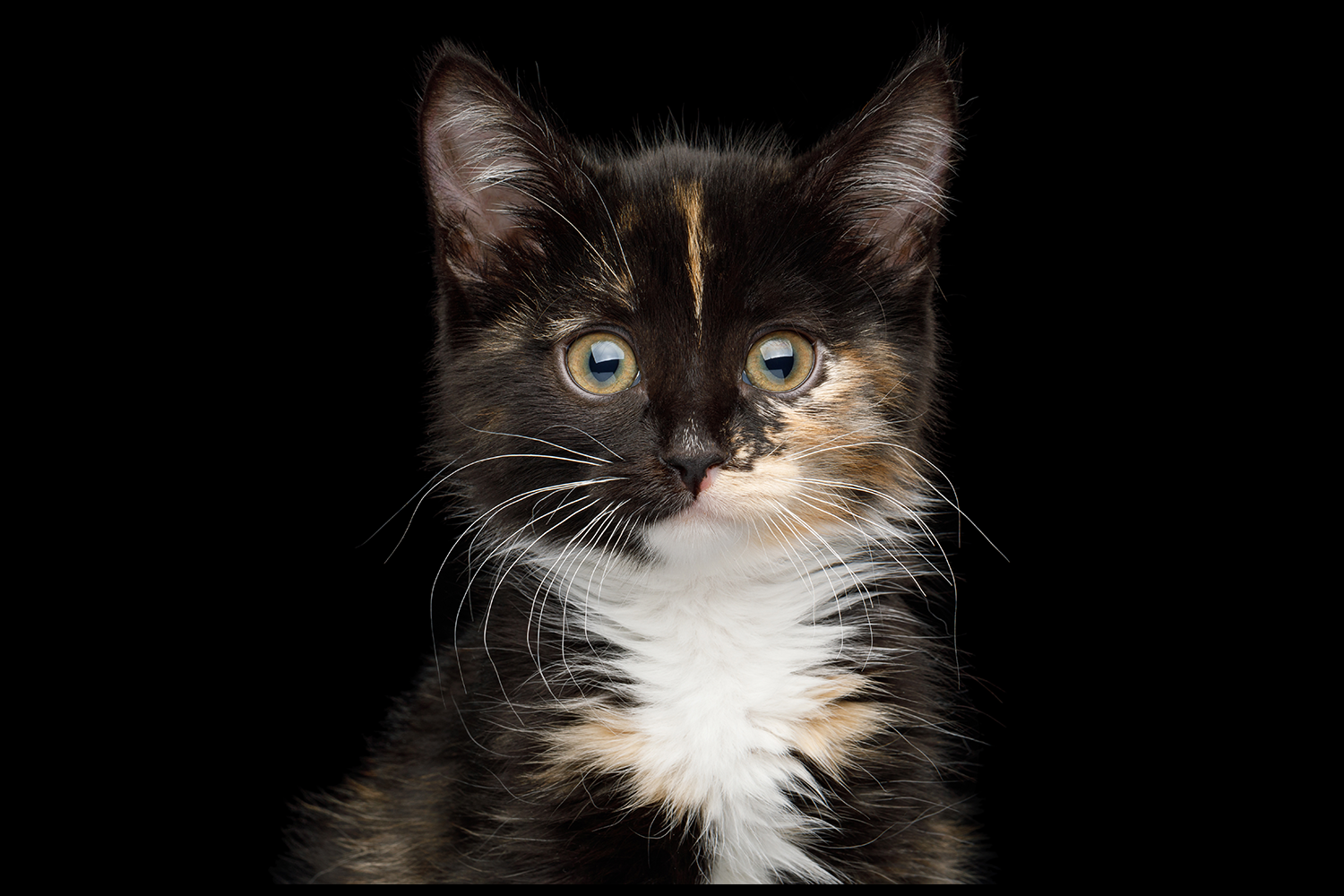Pet Cat Coronavirus Symptoms
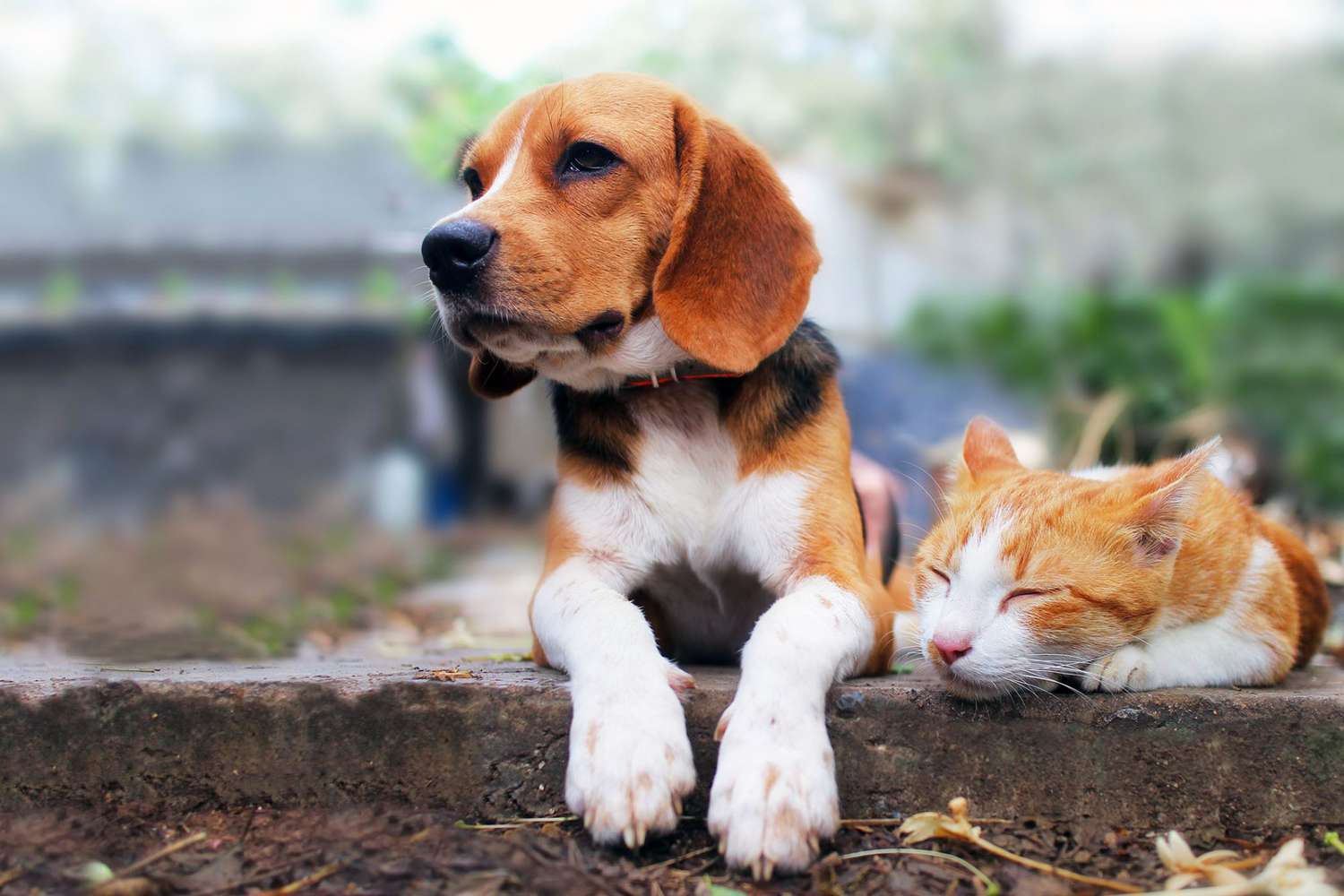
Department of Agriculture USDA are aware of pets worldwide including dogs and cats reported to be infected with SARS-CoV-2 the virus that causes COVID-19 in people after close contact with infected people.
Pet cat coronavirus symptoms. If your pet is experiencing respiratory symptoms or other nonspecific symptoms such as lethargy or not wanting to eat or drink then contact your veterinarian for further guidance. As of late July a total of 97 cats in the United States have tested positive for the virus. Symptoms of Covid-19 in animals.
If youve been diagnosed with are suspected of having or are displaying characteristic symptoms of coronavirus COVID-19 it is advisable to minimise the amount of time your cat spends outdoors unsupervised. If your pet shows any signs of illness such as coughing sneezing or lethargy call or text your veterinarian to arrange treatment. They include pet cats and zoo animals.
Three of the feline cases or 6 were severe. Importantly there is still no evidence pets can transmit to their owners. The pets that did become ill only experienced mild symptoms and could be cared for at home.
Of the small number of dogs and cats confirmed to have the virus that causes COVID-19 some didnt show any signs of illness. The cat was taken to the vet with nasal discharge and conjunctivitis but its symptoms remained mild and the cat later recovered. Your cat can get COVID-19.
Experts say it is the first confirmed case of infection in an animal. Early studies have found that cats are the animals most likely to catch the new coronavirus. This is a very rare event with infected animals detected to date only showing mild clinical signs and.
However if your cat is experiencing respiratory issues its highly likely these signs are due to one of the other primary reasons before COVID-19. Thirteen owned cats 27 had symptoms most commonly a runny nose and difficulty breathing. Although several animal species.

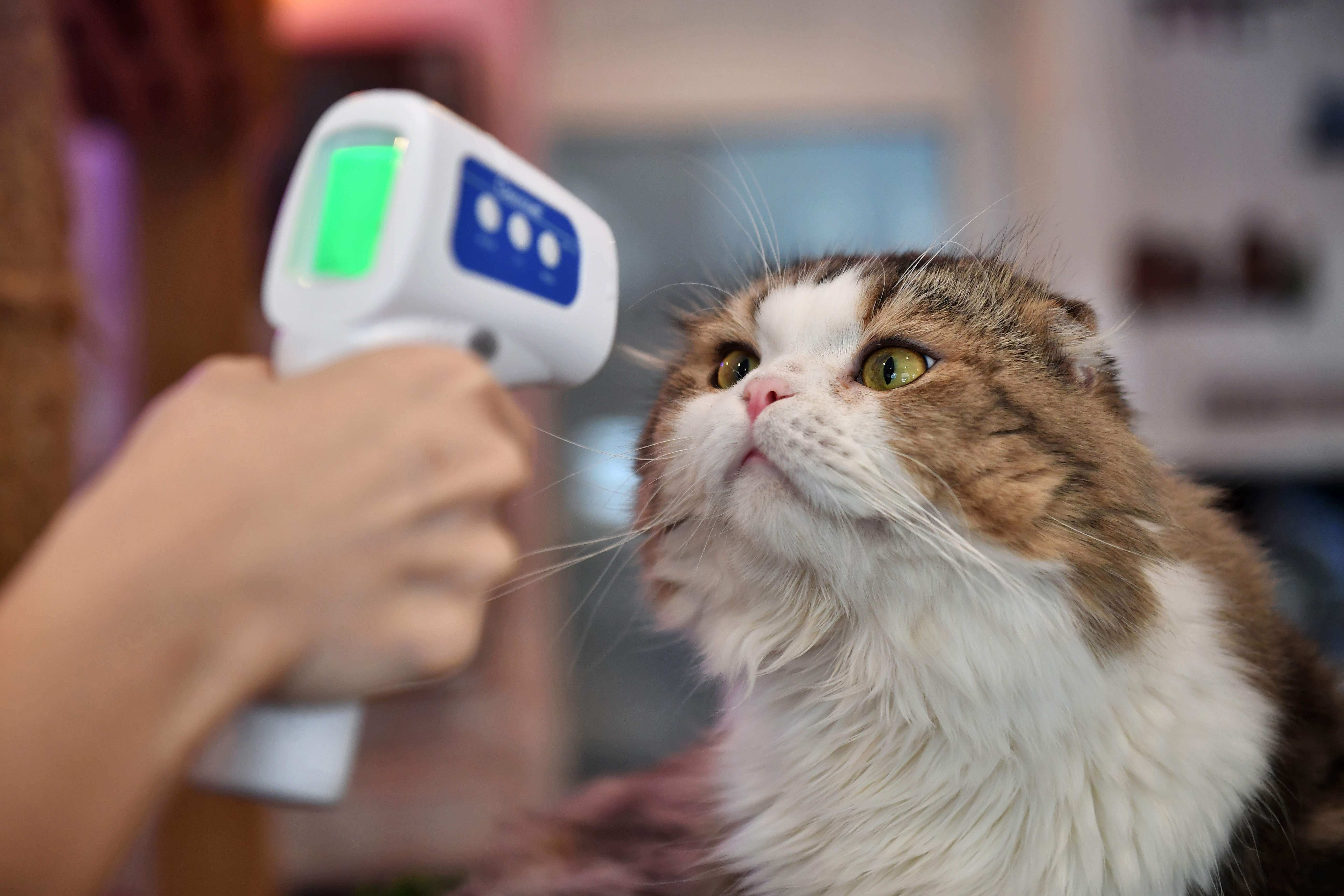
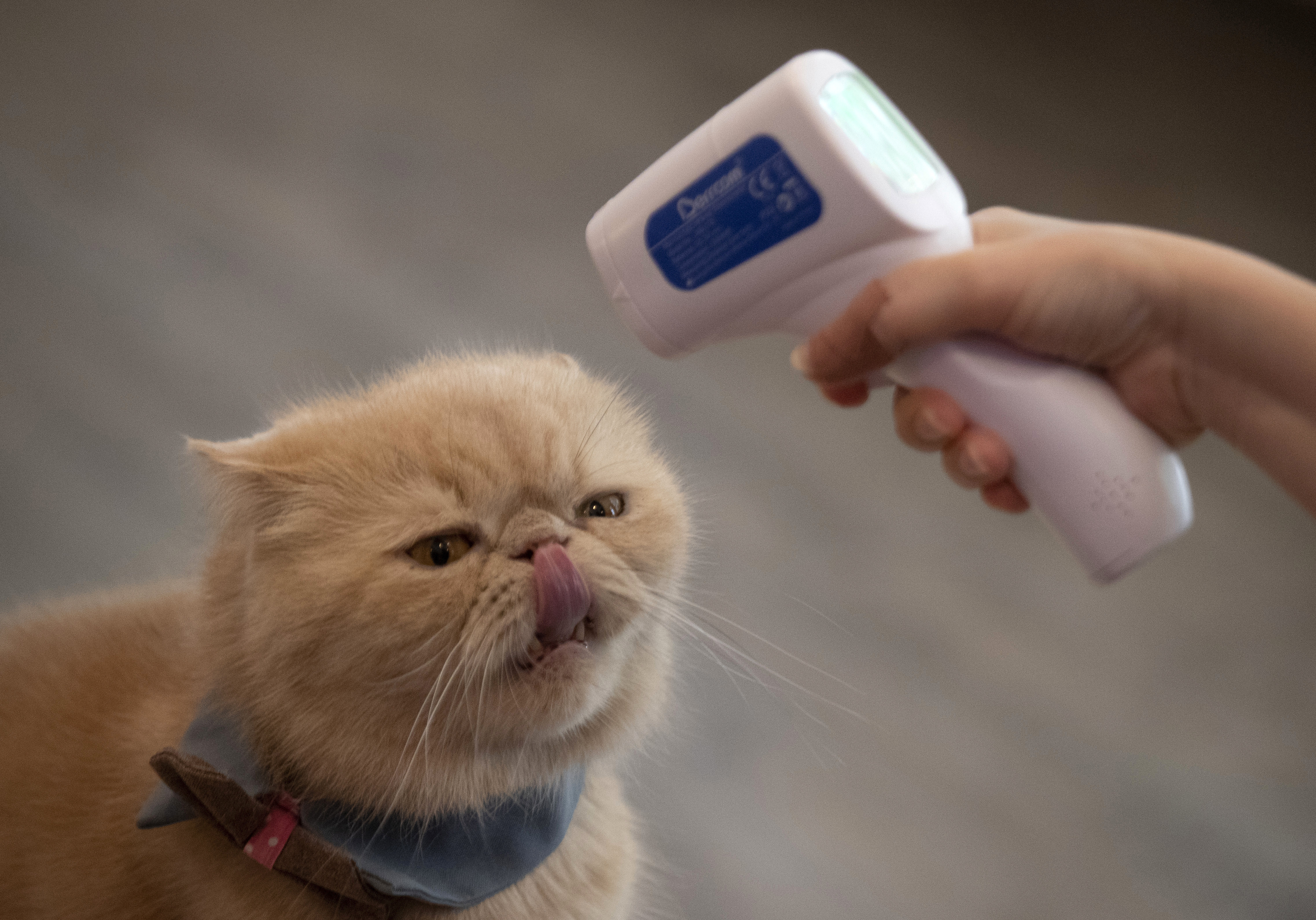
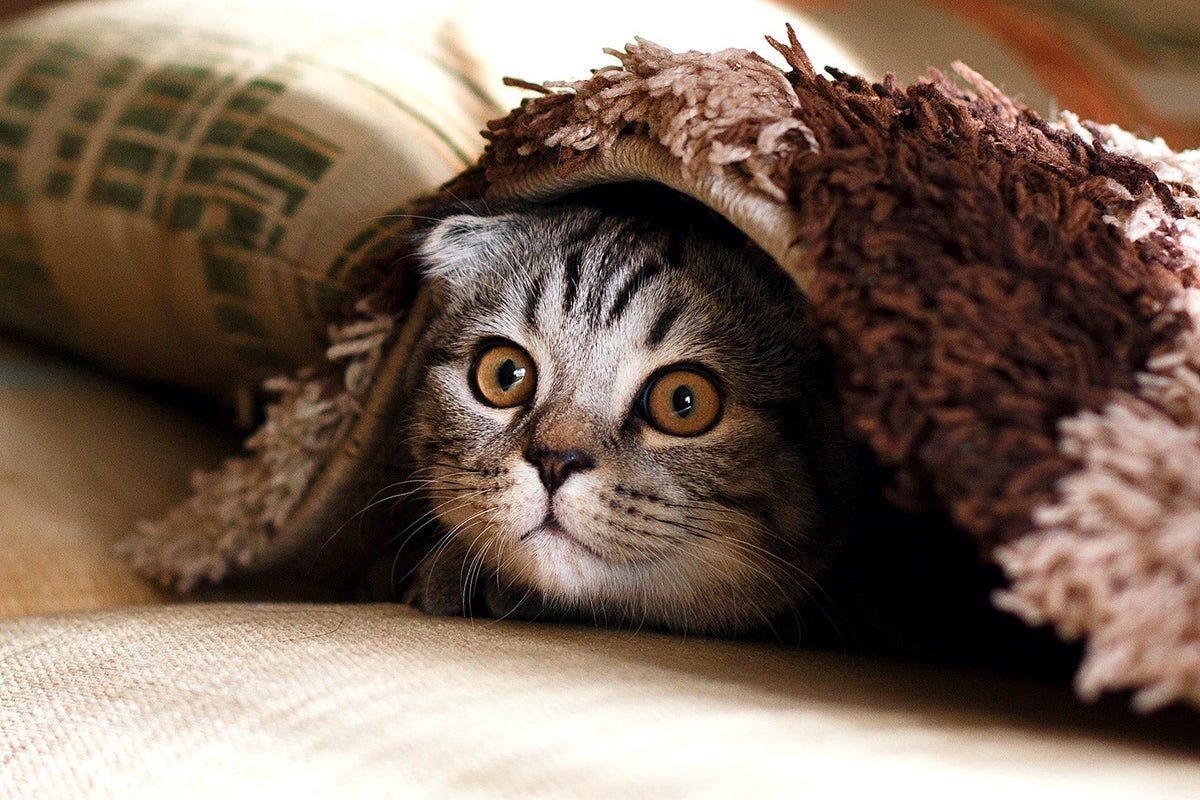
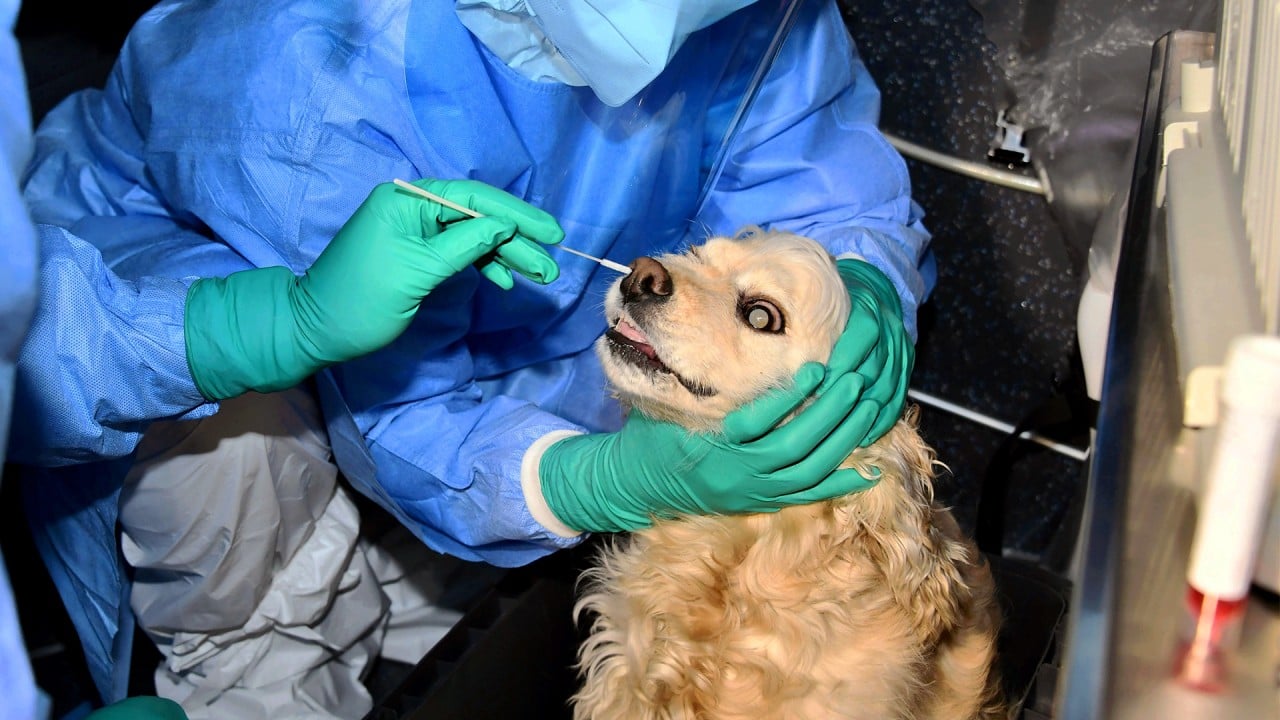

/GettyImages-972196936-c03294a9270b46ca96d5cf89e8b36f3b.jpg)
